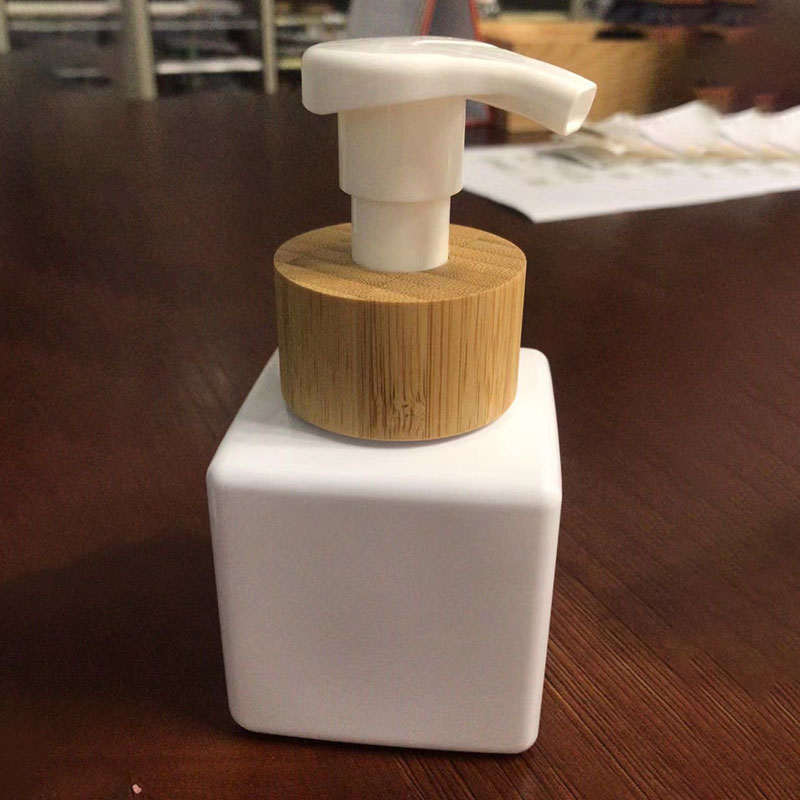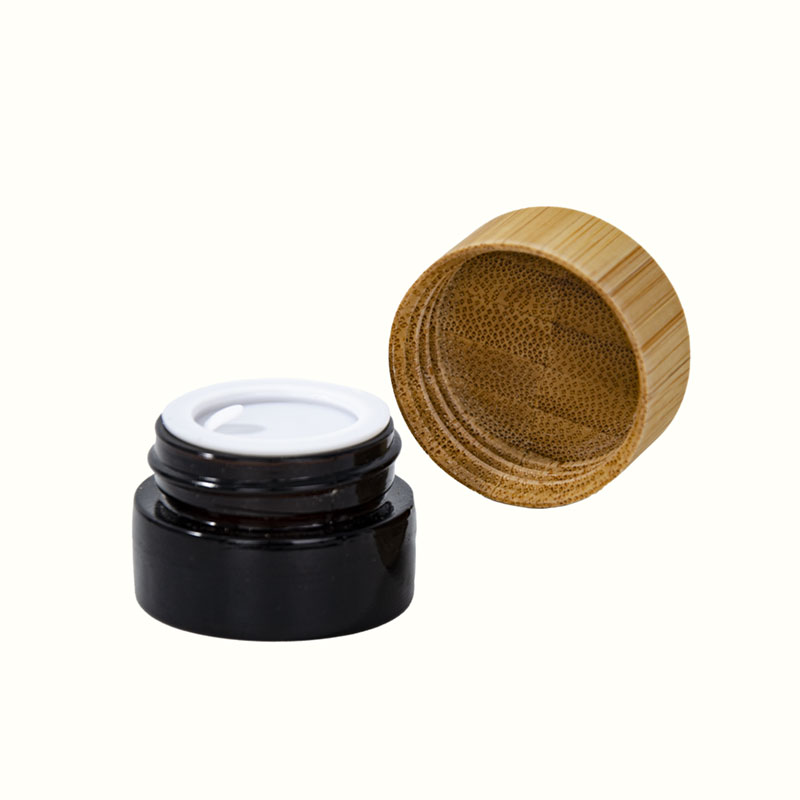The World Bamboo Organization observes September 18 as World Bamboo Day, holding workshops, advocacy programmes, plantation drives, handicraft exhibitions and so on in a bid to spread awareness about the ecological, economic, and cultural importance of bamboo.
Known as “green gold”, bamboo contributes to local economic development by being an essential raw material in small-scale industries. Used in pickles to murabba and in cultural symbols like the Jaapi hats of Assam to the quintessential paper, bamboo is abundantly used in India, especially in the northeast, central Indian plains, and southern states. Wooden Blusher Box

India is the second largest producer of bamboo, cultivating over 136 different species on approximately 14 million hectares. The National Bamboo Mission encourages and supports the cultivation and use of bamboo in mainstream industries. In 2017, the Government of India amended the Forests Act, 1927 to remove bamboo from the category of “trees” to make it more accessible to communities and self-help groups (SHGs) engaged in bamboo-based livelihoods. The amendment also made its plantation and cultivation easier.
Used in making the traditional flute Bansuri, baskets meant for harvesting and collecting produce, and umbrellas to modern-day “living bamboo bridges”, this fibre of the future is also called the poor man’s timber with wide applications in various industries like agriculture, construction and handicrafts.
Toothbrushes, water bottles, tongs, trays, saucer pans, momo-baskets, kitchenware, and jewellery are some popular eco-crafts made out of bamboo. Some sustainable modern examples of natural/green enterprises include white birch wooden bamboo spoons and forks, pen stands, bags, folders, and bamboo murals.
The recently concluded G20 Summit in New Delhi showcased bamboo handicrafts from different parts of the country. Shri Manatosh Naha, officer in charge of the Purbasha Tripura Government Handicrafts Emporium, says,” Bamboo artefacts were a hit as decor and at the crafts bazaar at the G20 meeting. International and national delegates bought many small antiques, lamps, and other décor made of bamboo. Large items and products are difficult to carry, so souvenirs and handicrafts were extremely popular during the three-day summit.”
Some of the popular products were the eco-friendly Ganpati idols, paintings, fans, masks, and lamps made of bamboo and its leaves. The ‘Meghalayan Age’ store showcased unique bamboo products at the G20 Crafts Bazaar. Among delegates, pottery and earthenware decorated with bamboo, ethnic lamps, and ‘dragon bamboo trays’ were a hit. “We could sell items worth over Rs 1 lakh during the three-day exhibition,” said a representative from the store.
Among other products, eco-friendly bamboo bracelets made of seeds and eri silk, bamboo cushions, and bamboo candlestands were popular. Bamboo mats, musical instruments, pen stands, and laptop stands were also bought by delegates at the international event.
Of late, the innovative bamboo zero electricity speaker – which acts as a mobile phone stand and a natural music amplifier – has also been growing in popularity. Sold at the G20 bazaar, these are also available at different haats and local bazaars. Premlata and Nisha, representatives from Dilli Haat, INA, sell these speakers for Rs 450 and are quick to demonstrate the effectiveness of the eco-friendly speakers by playing songs on their mobile phones. The bamboo speakers here have the G20 branding on them as well.
In 2019-2020, Konsam Romesh Singh from Imphal, Manipur won the award for outstanding craftsperson of the year for designing a unique mobile phone tripod using – you guessed it – bamboo.
Similarly, bamboo water and extracts, makeup brushes and palettes (made entirely of bamboo), and environment-friendly bamboo packaging are increasingly used in the cosmetic industry. This year, the Kerala Forest Research Institute (KFRI) is organising various workshops and fashion shows themed on bamboo. Increasingly, it is also used to make incense, apart from its traditional use in making incense sticks as well as ice-cream sticks.
With new techniques such as Cement Bamboo Frame Technology, bamboo is fast gaining relevance in sustainable architecture and construction. Many hotels and resorts worldwide have bamboo machans (tree houses), huts, and cottages. Bamboo groves are also often used to green up cities, thus promoting biodiversity and ecology. Many organisations facilitate “bamboo building workshops” on realising its resilience and sustainability.
The first bamboo industrial park in the northeast came up in Manderdisa village in Assam’s Dima Hasao district in a bid to encourage its industrial usage. Initiatives such as government offices in Arunachal Pradesh procuring bamboo furniture for panchayat bhavans and local offices are excellent for promoting local livelihoods. Earlier this year, the B20 meeting in Mizoram – held ahead of the G20 Summit – had bamboo as its theme. The Lengpui airport in Mizoram’s Aizwal is also bamboo-themed.
With a wide variety of applications, bamboo contributes to sustainability and LiFE or lifestyle for the environment. Bamboo plantations are also helpful in conserving soil, promoting green energy, and in overall mitigation of climate change. Increasingly, agro-forestry and intercropping of bamboo with other crops like turmeric, ginger, etc, are being undertaken in wastelands to conserve and protect the soil. Its modern-day applications will also boost the incomes of small industries and SHGs.
📣 For more lifestyle news, follow us on Instagram | Twitter | Facebook and don’t miss out on the latest updates!

Recycling Eye Liner Packaging Swasti PachauriSwasti Pachauri is a social sector professional, formerly working as a... read more